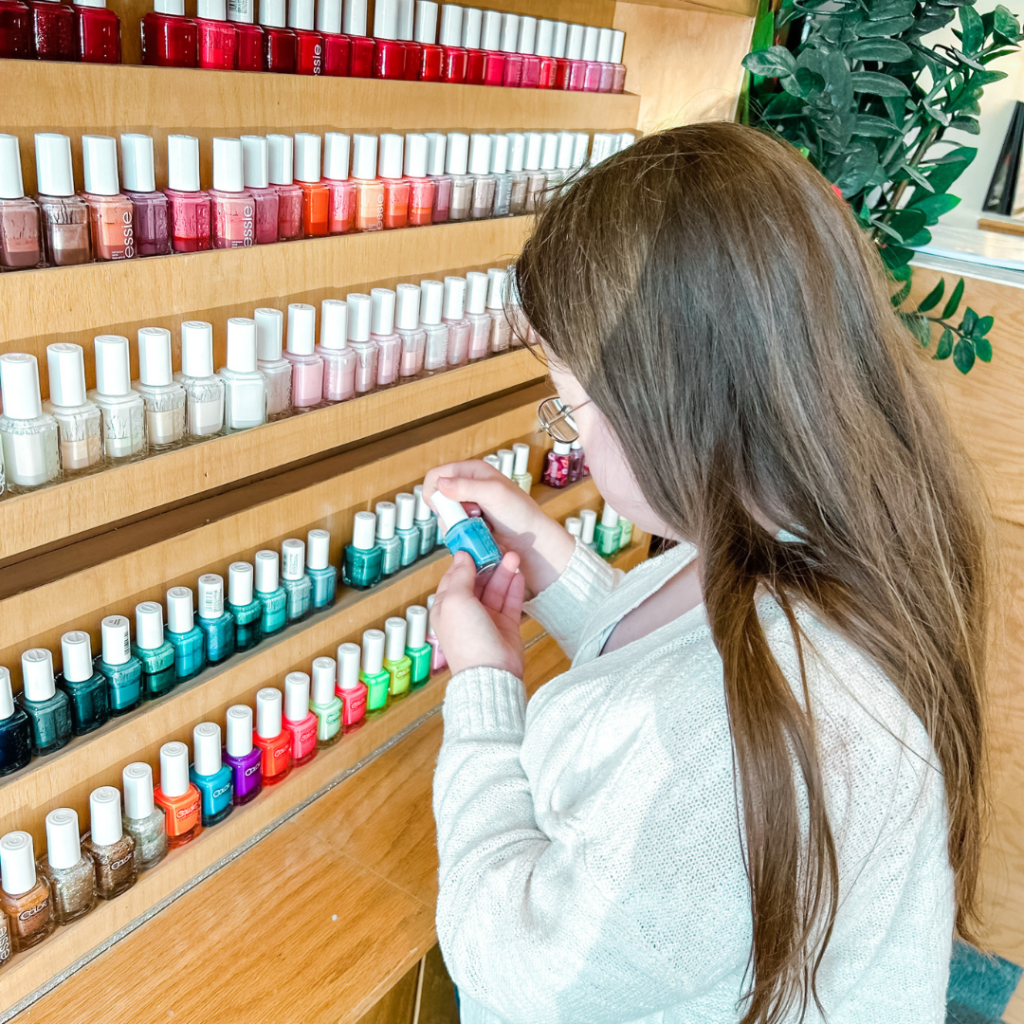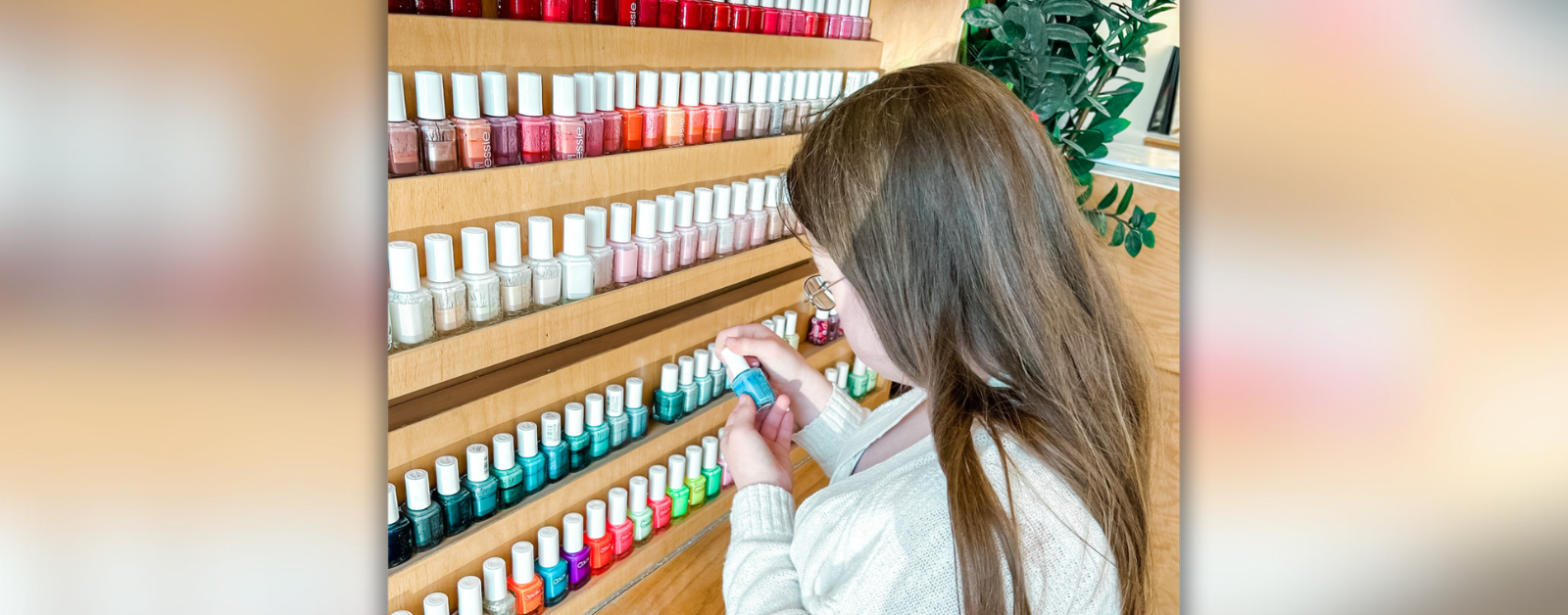“I have never known a person with Down syndrome who could cut their own fingernails.”
I heard these words, and my stomach fell a little bit. I had just asked our doctor what we should and could do to help Penny with a few simple self-care skills. She’s been independent in most areas—bathing, dressing, brushing her teeth—for years, but a few other tasks seem out of reach. I was sure that he would have advice for us, not words like “never.”
But then he said, “But what I do know is that Penny could schedule her own appointment to get a regular manicure. She could learn how to pay for those appointments, leave a proper tip, and enjoy the time in the nail salon. She could arrange transportation.”
In other words, with a little imagination, Penny could develop all sorts of independent skills related to cutting her fingernails, even if she can’t fully use nail clippers.
I loved his answer. It landed firmly in the reality of having a disability that results in low muscle tone and decreased fine motor skills. And it landed in the reality of being a young woman with capabilities.
I love that “never” in one area became a whole set of possibilities in other areas.

More with Amy Julia:
I’m Working on a Video Teaching Series About Disability and Family
Playdates and Disability
Turning 18 and Guardianship Decisions
Subscribe to my newsletter to receive regular updates and news. You can also follow me on Facebook, Instagram, Twitter, Pinterest, and YouTube, and you can subscribe to my Love Is Stronger Than Fear podcast on your favorite podcast platform.




This Post Has 2 Comments
I love this insight. And it helps me with question and problems for which I am trying to find solutions. My 24yo daughter injured her hand at her job as a merchant marine. She has lost the ends of her 4 fingers of her Left hand. (She doesn’t need to clip these!) She has hd six surgeries involving both arms (skin graft site) and while she’s more independent today, she’s experienced some pretty humbling moments during daily care when she has to rely on myself and her sister to attend to her personal needs. Clipping her nails is one small thing we do; she may figure out how do it herself, but my physical therapy brain and rehab mind works in this pattern – how can she do it herself? Getting a manicure was one answer I came upon .
But this raises another conversation that illustrates the difference between Penny and Hannah. What does disability mean? What does being handicapped mean? And how do these two women approach such a task and what is happening in their hearts around the list of possible solutions. Hannah knows the independence of clipping her own nails and is frustrated with process of asking, though there are some beautiful sister moments in the serving/receiving of this task that contributes to deep healing. I can see that for Penny it may be the widening of her community to walk into a nail alone and have that done for her. And perhaps that’s part of her mission field.
Amy, I appreciate your presence in my mailbox, that you are in the community having these discussions. Hannah’s sister has spent 11 years working with Joni and Friends family camp in NH – our family has multiple connections with these conversations and situations within our work lives and church life. Your approach is a breath of fresh air. Looking at possibilities! Yay! Thank you for your podcasts – I really love your thoughtful interviews.
Grace and peace to you,
Cheryl
Cheryl,
Thanks so much for this story and these insights. One of the things I hesitate with is the insistence that any of us do things independently. To your point, learning how to receive care is actually a beautiful part of being human, and of course learning a willingness to offer care is a correspondingly beautiful part. At the same time, there is dignity in being able to do things for ourselves. There’s also a big psychological/emotional distinction in being born with a disability and acquiring one. We are each on a journey towards a deeper humanity where we both know our own belovedness, giftedness, and limitations.
Thanks again–Amy Julia